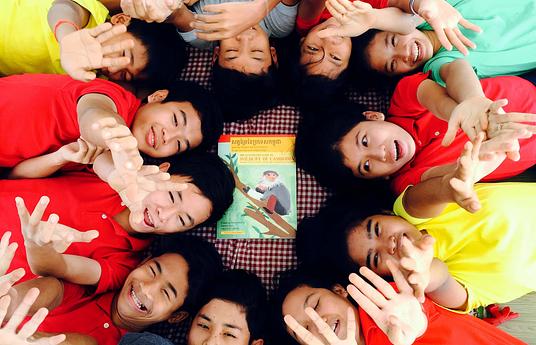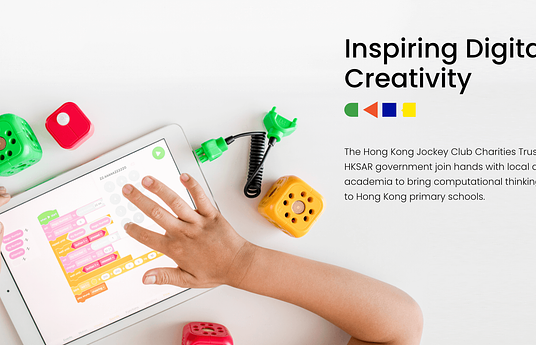The ‘Città Educativa’ educational model was created in response to the need of young people to rediscover motivation for their chosen educational paths; the need of institutions and schools to stem the problem of school drop-outs; and the almost total absence of youth participation in community life and active citizenship.
1) "Preliminary training" on Scholas' methodology for university students and volunteers from the local community (associations active in the area, school teachers, active institutions).
2) "Scholas Citizenship" educational experience: a week in which the representatives of the schools involved try different social transformation practices, in two steps: 1.selection of the real problems of their community and 2. Search for concrete solutions through art and constructive thinking.
3) "Afternoon artistic and/or sports workshops", to continue in the long term with the commitment to finding creative solutions to the pains identified by the young people.
4) "Closure and celebration" A meeting to present the conclusions of each action:
● Teachers and students will present the developments of the projects from the problems identified during Scholas Citizenship;
● Participants in the sports/art workshops will present their tournament or artistic/cinematic creations.
In Sicily, in Gela, we have the involvement of students from the city's five high schools, with teachers from all levels of education and volunteers from local associations, and starting with the sorrows chosen by young people, they have created various social pages (including ig. Gela in movimento), youth committees, cultural events and urban regeneration.
In Naples, the 4 main universities are involved, with students as educators of the youngest participants, 8 high schools, 4 middle schools, teachers of all levels of education, as well as the city municipality, about twenty local associations from various neighbourhoods of the city, where various initiatives have been realised in the squares and schools, with artistic and musical performances, a short film and an inter-school tournament
In the various cities where the project has been implemented so far, whether from private or public initiative, the first step is to contact the Scholas Occurrentes Foundation (scholasoccurrentes.org), which will proceed to contact schools, universities, and colleges to create an educational network.
.jpg)


